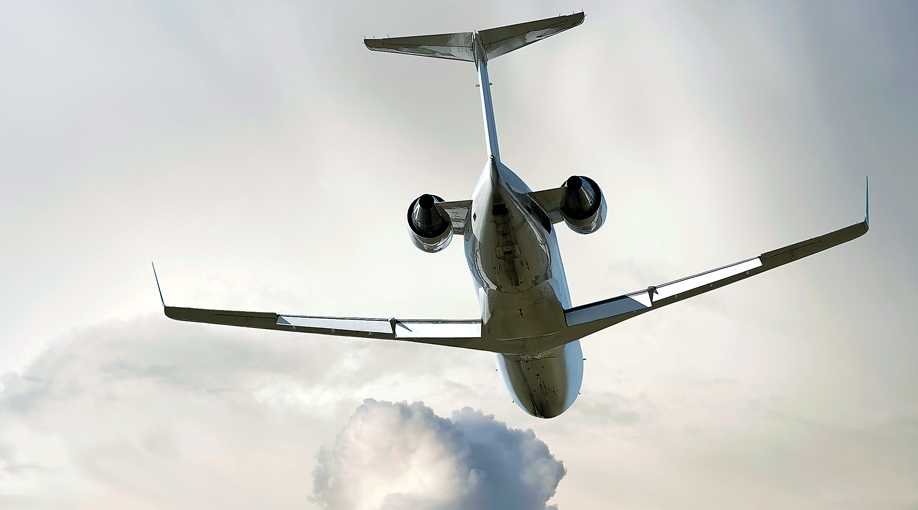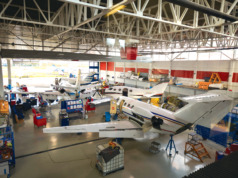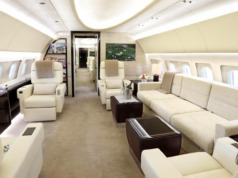
When it comes to operating your business aircraft, there are few practical alternatives to having your own pilots. However, when deciding whether to hire your own dedicated maintenance technician, consider these factors.
Why you need your own dedicated maintenance technician now more than ever
When it comes to operating your business aircraft, there are few practical alternatives to having your own pilots. However, when deciding whether to hire your own dedicated maintenance technician, consider these factors.
If you’re a long-time user of business aircraft, you might assume that most every fuel stop or your destination airport still has available maintenance at its Fixed Base Operation (FBO) — which used to be true, especially if your plane needed only minor repairs.
Today it is more likely that the impressive chrome-and-glass FBO you visit does not offer qualified maintenance services, primarily due to rising costs and the burden of conforming to new regulations. Having less access to maintenance support as you travel requires added contingency planning to keep your aircraft in service.
But maintenance services still are available. Looking at aircraft sales brochures or aviation magazines, you can see glossy pictures of impressive and fully equipped maintenance trucks — or even a fleet of dedicated support aircraft — behind a team of technicians ready to travel to your aircraft. The premise? That you can count on “roadside assistance” regardless of the situation or your location. If that’s so, how might that affect your decision to hire your own dedicated maintenance technician?
Let’s look at two trends. Quite a few modern aircraft have tracked an impressive dispatch reliability of nearly 98% or even higher. Also, intervals between scheduled inspection events have increased and even have doubled in some cases — certainly these are impressive numbers. So while it may sound surprising, you need your own technician now more than ever! Having your own trained technician fills a significant role in keeping your aircraft flying, and flying safely. Here’s why:
1 Today’s aircraft technology requires expert knowledge and very specific training on the make, model, and equipment of your aircraft. The unfortunate alternative often requires purchasing expensive parts that don’t fix the problem, and which can result in delays or canceled trips due to limited diagnostic skills. Your qualified technician will almost always provide a meaningful return on investment.
2 Owners are traveling more, and to more remote locations worldwide, which rarely offer maintenance services.
3 Consider that statistic of 98% or greater dispatch reliability, a major factor in owning an aircraft. Much is behind achieving and maintaining this goal; it doesn’t just happen. The success of dispatch reliability, assuming you’ve purchased the highest-quality aircraft, always will be traced to proactive or preventive maintenance actions. Your flight crew and technician will maintain a continual dialogue to ensure that the smallest hints of mechanical issues are addressed and corrected before they manifest into a delay or a cancelled trip.
Only two exceptions apply: if your aircraft utilization is very low, a technician may not be financially justified; and if you have easy access to a qualified maintenance consortium at your home base. Otherwise, your own dedicated technician is necessary. After all, when you see a blinking light, there’s no place to “pull over” at 41,000 feet. BAA
Hiring a Technician
Does it have the capability, experience, and capacity to work on your aircraft?In addition to superior education, training, and a strong work ethic, look for these skills:
- Experience — In addition to knowing how to fix what’s broken, knowing when to ground — and when not to ground — your aircraft is key.
- Clear, concise communication and “chemistry” — Since most flight departments are small, working together effectively is important. Lack of, or miscommunication, won’t do, since responsibilities are great and details are many.
- Professional business skills that gain your confidence — For an otherwise-excellent hire, there are many industry courses offering non-technical skills for maintenance technicians.
- Organizational skills — Record keeping, care of tools and equipment, invoice control, inspection planning, tracking of regulations, tracking of due items are critical — now and when you sell the aircraft.
Thomas W. Mitchell provides consulting services for aircraft owners, prospective owners, and users. His nearly 40 years’ in bizav senior management includes 19 years with Jet Aviation, and flight department manager for Liberty Mutual.




